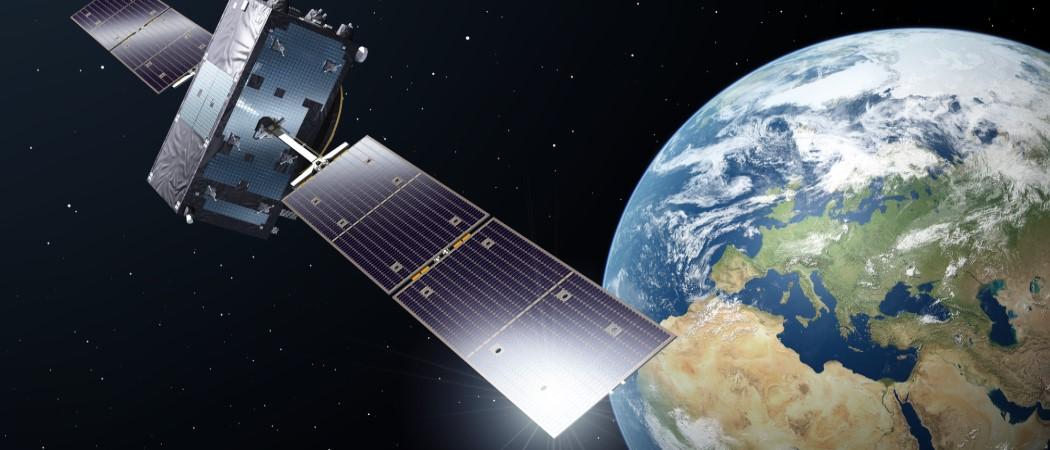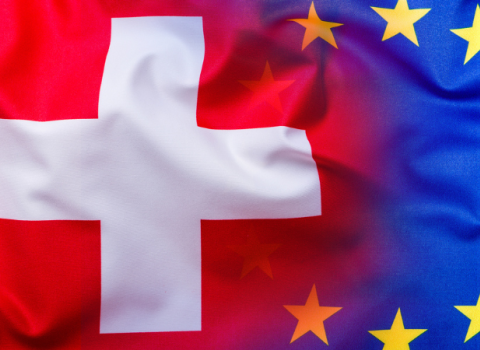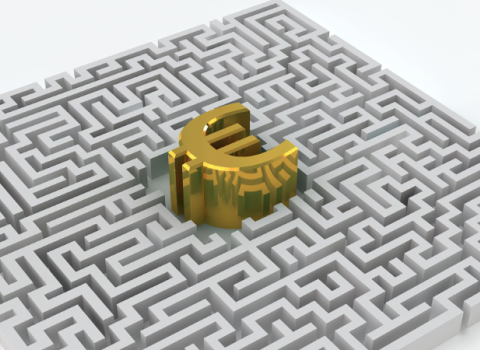The €18B Europe has invested in its space programmes should be delivering greater economic returns, says court of auditors

Galileo satellite in orbit. Photo: European Space Agency
The European Commission needs a comprehensive strategy that fully exploits public investment in EU space programmes, to extract more economic value from the €18 billion invested to date, a report by the European Court of Auditors (ECA) says.
While the Galileo and Copernicus satellite systems are providing valuable services and data, more targeted actions and better use of the regulatory framework are required to efficiently support uptake of services and technologies coming from these space programmes.
“The EU needs to know who, how and when, [someone] is using the data generated by space assets,” said Mihails Kozlovs, the ECA member in charge of the report. “As most measures for 2021-2027 are still on the launch pad, we hope that our audit will mark the countdown to a new set of actions that can efficiently help the EU to reap the full benefits of these valuable assets,” Kozlovs said.
In anticipation of the report, the Commission launched a knowledge centre on earth observation on Tuesday, the day before ECA made its views known. The new centre is expected to make more use of the data generated by the Copernicus system, which integrates and analyses geo-referenced data collected by satellites, airplanes, drones and at measurement stations across the world.
Kozlovs said the centre is a good step towards addressing the issues raised by the audit. “[Its] creation addresses to some extent our recommendations,” he said.
The EU auditors found the economic impact on growth and jobs and the actual overall benefits of the programmes are not known and may have been over- or underestimated.
The Galileo programme was eight years behind the initial plans when operations began in 2016. More recently the EU has been able to introduce Galileo-compatible navigation receivers in smartphones and cars.
The US global positioning system has a long history of military and civilian applications and is used more widely, while Galileo is a newer system with poorer market uptake, the report says. Even though Galileo has features which other systems cannot provide, they are not yet fully available to users.
According to the auditors, plans by the Commission to promote EU-wide use of Copernicus data have failed to result in a significant increase in uptake and the use of Copernicus data remains largely restricted to experts and scientists.
In its 2016 Space Strategy for Europe, the Commission committed to come up with new policies to encourage the public and private sector in Europe to use space data and technologies.
Last year, ECA published a report on the use satellite imaging technologies for monitoring agricultural land for which farmers receive EU subsidies. The Commission has taken some steps standardise access to satellite data via cloud-based services, but not many local or regional authorities implemented the monitoring technologies.
According to the auditors, the Commission has only partly pushed the potential of services in EU legislation or standards. In many relevant areas, such as transport and logistics, autonomous cars and drones, regulation is incomplete. “The potential is extremely huge as many things can be done digitally,” said Kozlovs.
“Technologically, the EU has succeeded in becoming a global player in terms of space-based earth observation and navigation services. But the EU lacks a comprehensive approach for supporting the uptake of its space services to fully capitalise on the significant public investment made,” Kozlovs said.





 A unique international forum for public research organisations and companies to connect their external engagement with strategic interests around their R&D system.
A unique international forum for public research organisations and companies to connect their external engagement with strategic interests around their R&D system.